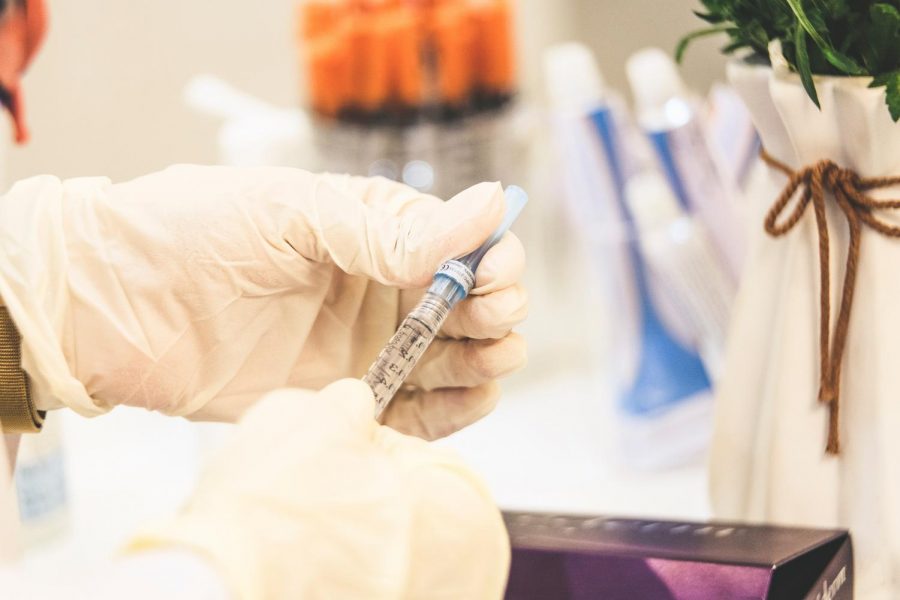OPINION: Is it ethical for scientists to manipulate viruses?
Scientists worldwide perform experiments by manipulating viruses in labs. While some of these viruses are common, others are extremely dangerous.
Labs artificially create, alter and strengthen viruses to learn more about the infectious agents. Scientists perform this work with the hope that they will better understand how natural strains evolve and spread. This research is done to prepare for a pandemic but carries the dangerous risk of igniting a widespread outbreak.
These experiments present major ethical dilemmas. Is it ethical for scientists to perform experiments that could spark a pandemic or other outbreak? How can these experiments be completely safe when human error is inevitable? Is it ethical for scientists to intentionally make natural viruses undergo rapid evolution and recombination? Is gaining more understanding about viruses worth the risk of a global pandemic?
The answer is complicated.
While there is nothing inherently wrong about experimenting with viruses, it becomes a question of ethics when highly dangerous and contagious viruses are the subjects. This has become particularly relevant as we endure the COVID-19 pandemic.
These experiments are inherently controversial due to their high-risk nature. It’s important to remember that experimentation is a necessary part of scientific development. These experiments help the scientific community progress and better protect global health.
However, now that we are in the middle of a devastating global pandemic, scientists and labs should back away from some of the high-risk experiments they had in progress. It would be unethical and immoral for labs to continue these experiments amid a global crisis. Why add the risk of another outbreak during an out-of-control pandemic?
Human error must be taken into consideration. There are many components that go into an experiment. Human errors may take the form of simple data mistakes. But they could also be needle pricks, animal bites, or chemical spills. Mistakes are inevitable because humans are not machines. A small needle prick may go unnoticed but could cause a wave of consequences.
Moreover, we need to consider the implication of labs intentionally making natural viruses undergo evolution at a rapid rate. These experiments can cause the viruses to become more virulent and dangerous, putting the scientists and therefore the community in danger.
While experimentation is necessary in order to gain a better understanding of viruses, it is not worth the risk of another global pandemic or other deadly outbreak.
I’m not suggesting that all experiments on viruses be stopped. Only the experiments that exacerbate highly dangerous viruses should be stopped. For instance, labs should not be intensifying viruses such as influenza, coronaviruses, or Ebola. These viruses have proven to be far too dangerous. At this point in time, it’s not worth risking more lives for a potential scientific discovery.
While we don’t know the exact origin of the COVID-19 virus, there is always the possibility that it stemmed from a lab mistake. Regardless of how the COVID-19 virus began, we don’t need to add fuel to the fire by continuing experiments with even deadlier viruses.










